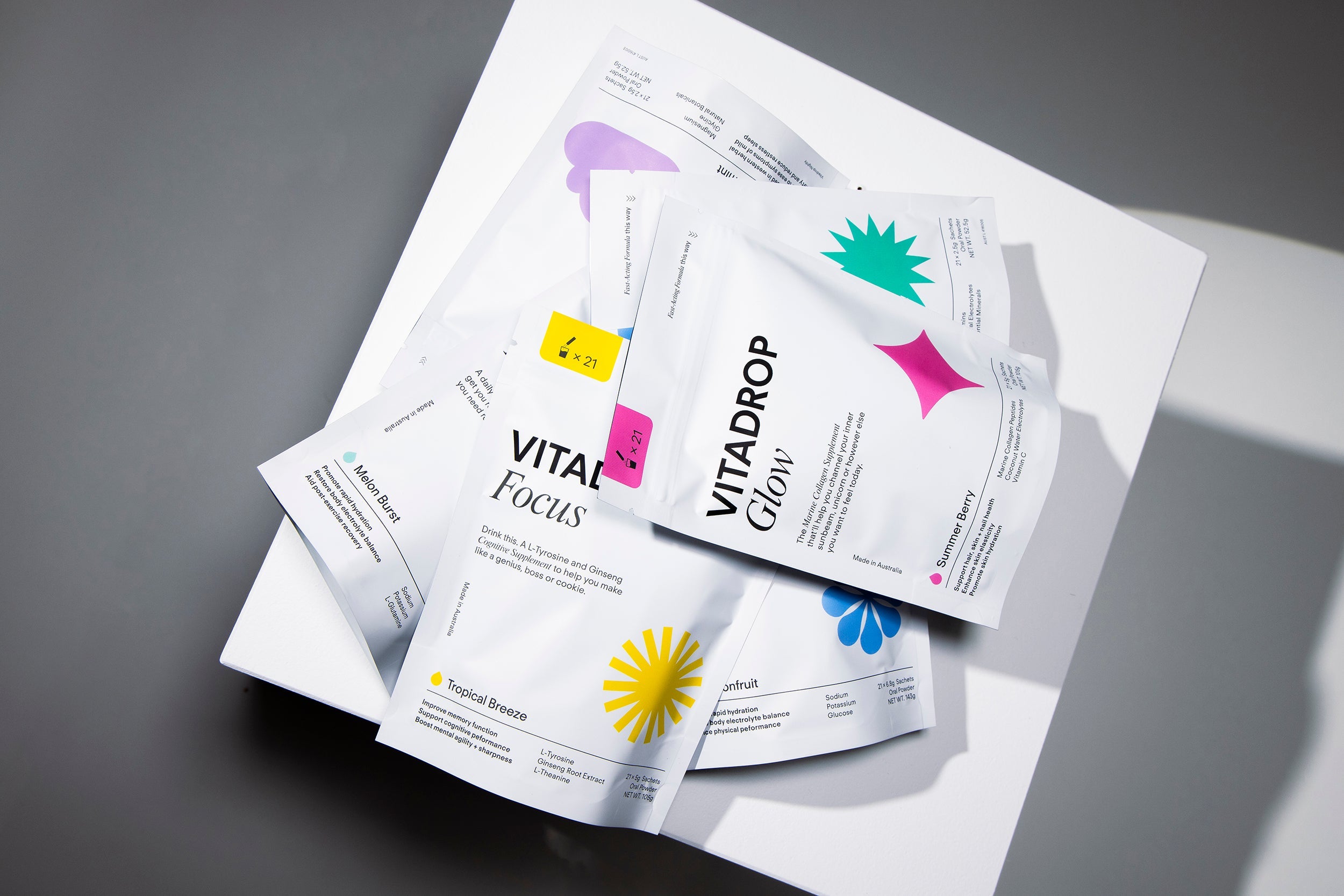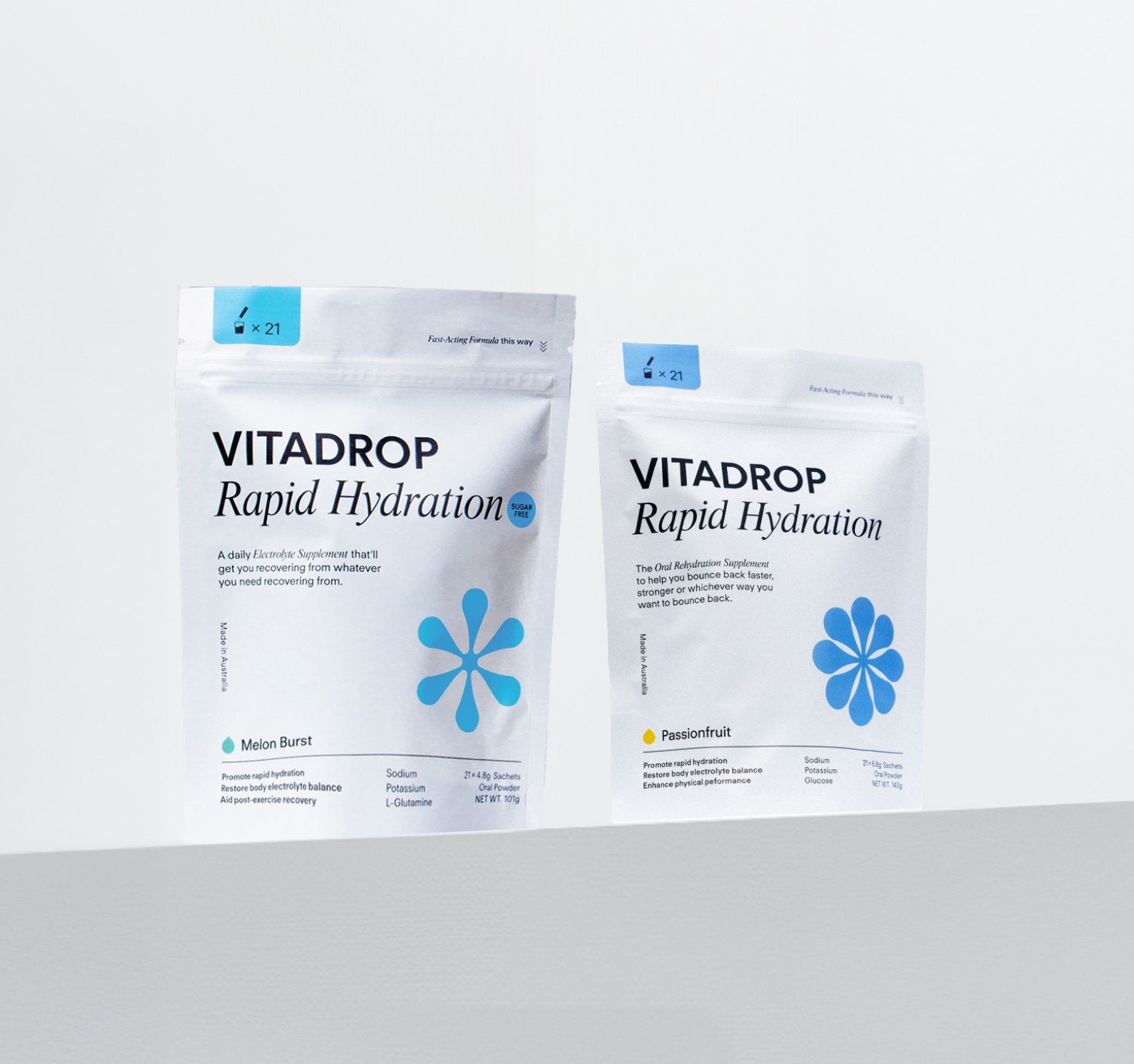Ruby Pryde - Nov 20 2020
Over exercising? Totally a thing!

We all know that old saying of how much is too much, but usually we are referring to another bowl of ice cream or “just one more episode!”. It’s not really something that we equate with exercise. But should we be?
Exercise has become one of the most popular ‘trends’ of the 21st century. And with good reason! It’s is an amazing tool for just about every inch of your health, so in terms of hot trends, this is definitely one we want to get on board with.
But like any good thing, too much can be, well, too much!
Let’s imagine for a second, that it’s a Thursday night. You’ve had some epic training sessions this week with your PT and have finally clocked off work for the night after a long day in back to back meetings. Energetically, you’re exhausted. Your muscles are fatigued. But you have somehow convinced yourself that ‘summer bodies are made in winter’ and having a night to unwind and relax is not an option. Rest is for the weak, apparently.
Alas, you slap on your gym gear and drag yourself to a 45 minute HIIT session at your local gym, only to find half way through you can barely keep up with the exercise repetitions that you’re being asked to complete and the usual 10kg weight you use feels far heavier than normal. You barely finish the session, more exhausted than when you arrived. What happened to the endorphin rush? Why do I feel so depleted?
Over exercising is generally a little harder to pick up than under exercising.
Mainly due to the fact that humans need physical activity to survive (and thrive) so naturally we can assume that more is better. Unfortunately, that isn’t always the case. And whilst we are certainly not here to demonise your love for all things #fitspo, we just want to highlight that ‘not enough’ isn’t always the problem.
Due to our extremely busy lifestyles, social media, business marketing and a multi million dollar fitness industry, we seem to have forgotten the element of balance. Like ying and yang, masculine and feminine, good and bad; results and rest go hand in hand. You simply cannot have one without the other.
Anyone who has participated in an epic sweat session recently can vouch that the endorphin rush you get after a workout is like opening presents on Christmas morning. Happiness meter = peaking.
Exercise is paramount for us to function optimally as human beings. It’s great for the management of our weight, our strength, our cardiovascular health, our hormones, our mental health, combating stress and challenging emotions and our bodies general desire for movement. It really is an all rounder.
How much is too much?
When we exercise for prolonged periods of time without adequate rest, our bodies can struggle to keep up with what our minds ‘believe’ we should be doing. It’s important to keep in mind that exercise, albeit magical, in its essence is actually a form of inducing stress on the body. But there is a difference between good and bad stress.
You see, short amounts of stress like an intense circuit session or heavy loading weight training can be an awesome addition to your workout routine because you have a short exposure to stress that your body, after 24-48 hours, can recover from with ease.
But if you are doing these sorts of sessions 7 days a week, your body actually doesn’t have adequate (if any) time to recover from the stress exposure. So, you then end up producing large mounts of cortisol to keep up with this lifestyle.
Which in hindsight, doesn’t seem like a bad thing right?
Not quite. Cortisol, as we have discussed in previous blogs, in high and prolonged amounts, is toxic to the body. Not only does it disrupt your hormones (e.g. increase in testosterone), but it turns on your body's fight or flight response. Your body is then in a constant state of stress, inevitably meaning that whether it's a workout or not, you are unable to properly deal with and respond to stressors.
And for the ladies reading this, it unfortunately can be more detrimental to our health than our male counterparts.
Why? Well, firstly, an increase in testosterone (often referred to as the male hormone) is not healthy for us in larger amounts. Whilst testosterone is a ‘male hormone’ it is actually necessary for the optimal functioning of our menstrual cycles. But too much can throw off the harmonious balance of hormones that we produce during our cycle, meaning that this imbalance signals to our body that we are in no way shape or form ready to support a baby. And whether or not a baby is the goal right now, this is still your body signalling that it’s not feeling great.
Periods, for women, are one of the simplest ways to determine overall health. So, if you’re struggling to get a regular cycle (or have one at all), the amount of exercise you are partaking in is a great place to start!
Rest days. Are they just as important as exercise days?
Just as? If not more! Believe it or not, rest days are actually where all the magic happens.
When exercising, there are little tears being made in your muscles. And how do they repair themselves? Rest! Rest allows your muscles to recover, regenerate and rebuild the tears that were made during your workouts.
So if you aren’t taking rest days, your body will not get the chance to rebuild what you wore down, and is actually likely to slow down those results you’re working towards.
Before we continue, we want to point out that if you’re just starting out on the fitness bandwagon and are pulling up so sore that even sitting on the toilet is traumatising, that’s not necessarily a sign of over exercising. Your body is just adapting to your new lifestyle! (We totally believe in you).
So, what to look out for?
No one knows you body better than you, so what might seem normal to your gym buddy, may not feel quite right for you.
Feeling unmotivated, unusually fatigued, weak or heavy, as well as getting sick more often than you usually would i.e. weakened immune system, may be signs of overexertion.
If you feel yourself struggling during workouts that you'd usually be flying through, or aren't bouncing back as fast as you usually would i.e. delayed or poor muscle recovery may also be signs that you're pushing yourself too hard.
If you find yourself prioritising exercise over other commitments, it may also point to some unhealthy signs when it comes to your exercise habits.
So if the points above have resonated, what can you do to start addressing it?
First and foremost, start asking yourself why you are exercising. Is it to look a certain way? Feel a certain way? Distract yourself from something?
More often than not there is an emotional component to overexercising, so checking in with your ‘why’ is one of the most effective steps to addressing the potential of over exercising.
Next, take a look at your workout schedule and what kind of training you’re doing day to day. Are you doing the same training day in and day out? Or are you mixing up your workouts? A combination of different workouts will not only keep your body guessing (yielding epic #fitgoals) but will also mean that your body has a chance to recover from the different stimulus.
Less is more! It sounds too good to be true?
If you’re currently working out intensely every day, don’t worry, we aren’t asking you to cull all of your workouts. But, trying to get it down to 4 or 5 with the other 2 - 3 days as active recovery, will mean you are going to get far more bang for your buck.
Active recovery days are a great way to not only help recovery (flushing your lymphatic system and bringing blood to your muscles to assist in repair) but it also helps trick your ego into thinking you’re still getting in enough exercise, whilst actually getting adequate rest.
Now these off days don’t mean you have to channel your inner couch potato, you can (and absolutely should) still move your body, just more gently. Think: walking, yin yoga, bike riding and swimming.







